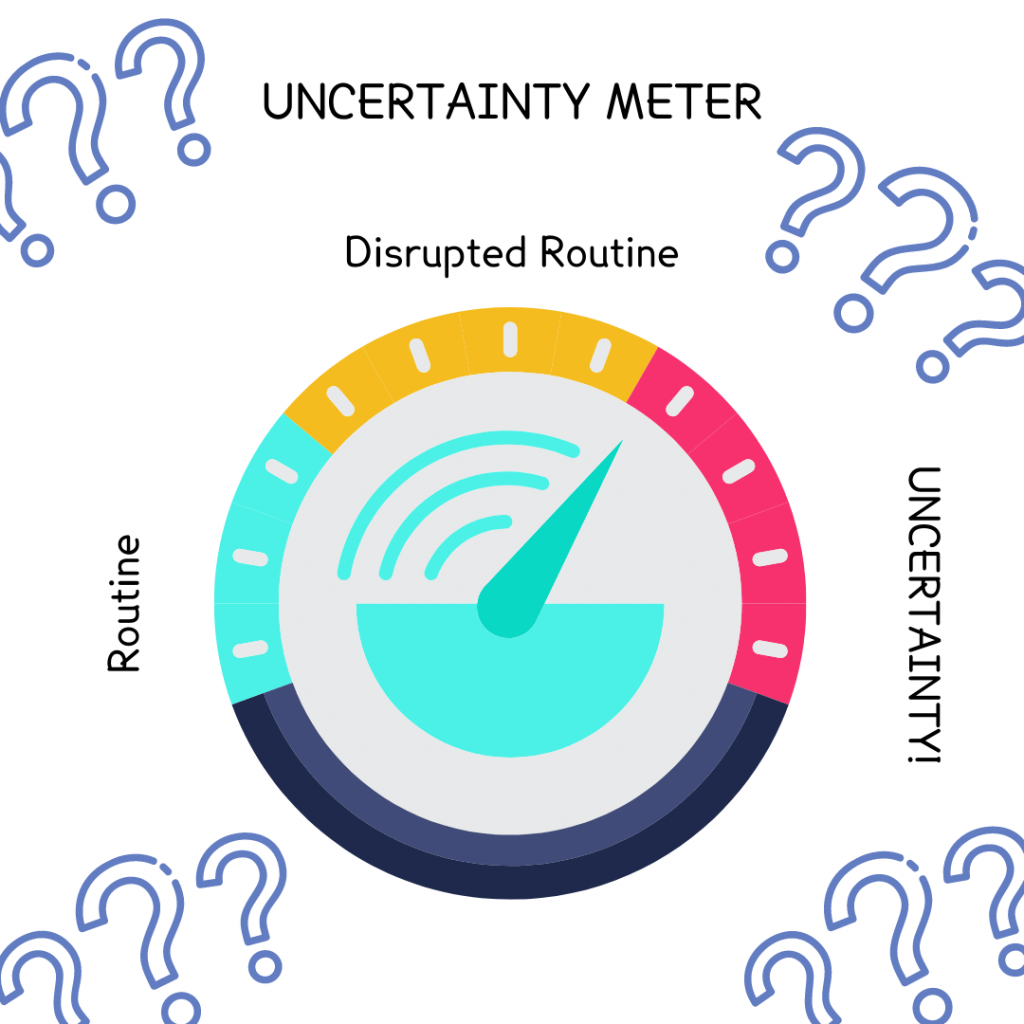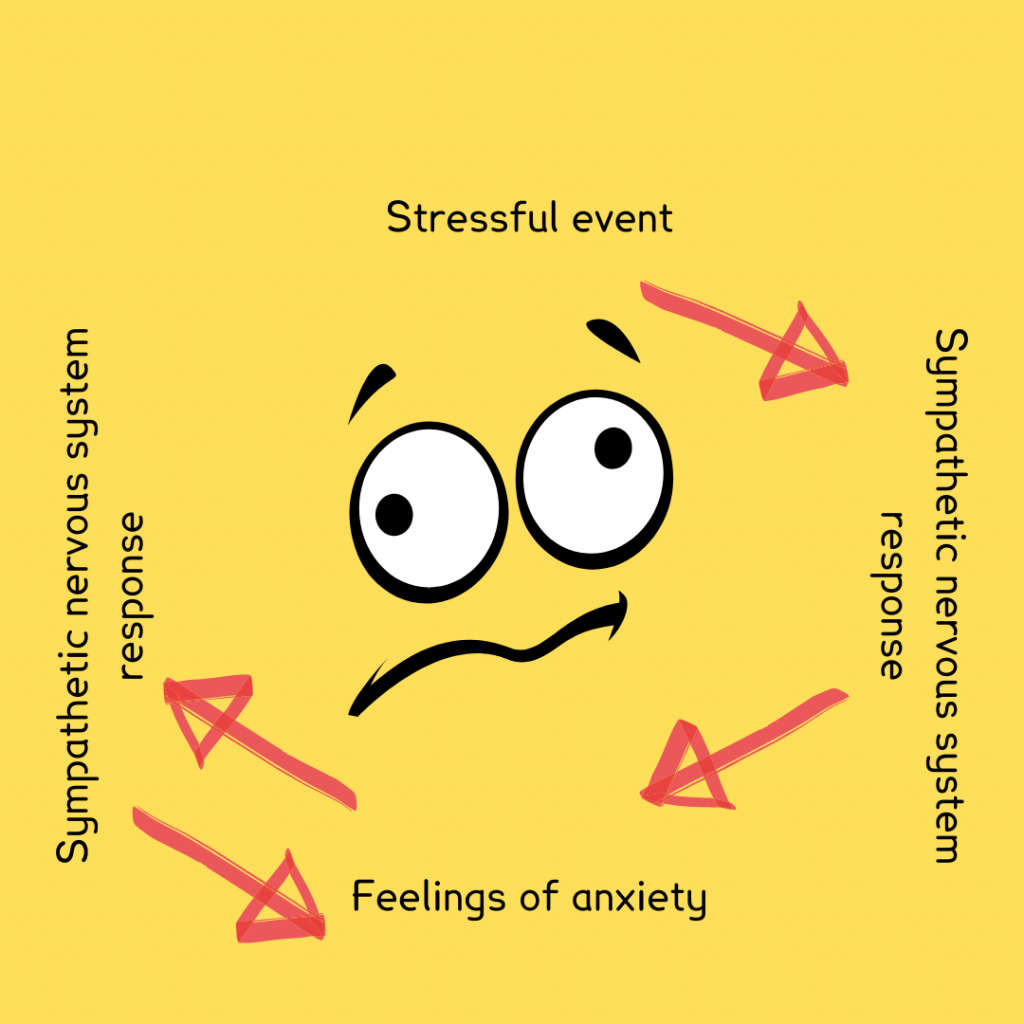You are not broken.
I hope someone has told you this before, but let me tell you again, you are not broken. You do not need to be fixed. You are whole and so perfectly imperfect.
Being human is complicated.
Being human in the middle of a pandemic, when there is political turmoil, social injustices, and environmental crises, is just darn hard.
So it warrants repeating: you are not broken.
When anxiety and depression hit, it can make you doubt yourself, your capabilities, how smart and capable and totally awesome you are. Sometimes you lose sight of all of the complications you are dealing with just by being human and all you are accomplishing just by existing every single day.
Reminder: We are all existing in a pandemic, something that we have not lived through before and that no one was truly prepared for. The uncertainty that the pandemic brings is so incredibly difficult to manage. As humans, we are creatures of routine- our bodies do better when we go to sleep at the same time, wake up at the same time, eat at regular intervals, and have a framework to view the world around us. When that framework is shifted, such as with the introduction of mask-wearing, social distancing, remote learning, and virtual work, our minds and bodies are confused and have to adjust to the new changes. Combine that with the uncertainty of how long the changes will be around for, and your “uncertainty meter” goes through the roof!

How uncertainty affects your mental health…
When uncertainty prevails, our “fight or flight” instinct gets kicked into action. This means that your sympathetic nervous system is in the driver’s seat, causing increased heart rate, increased blood pressure, perspiration, dilated pupils, and so on. This is an evolutionary response by your body to protect you from danger, it’s not a “bad thing”, but the physiological changes that the sympathetic nervous system enacts, can cause feelings of anxiety, increasing the sympathetic nervous systems response, furthering the anxiety, and so on.

So how do we break the cycle of anxiety when we can’t control our surroundings?
There is good news in all of this… even though the sympathetic nervous system is an automatic response, we can enact our parasympathetic nervous system to help balance out our bodies and calm down our minds.
The parasympathetic nervous system, or the “rest and digest” system, is thought of as the opposite of the sympathetic nervous system. Where the sympathetic nervous system speeds the heart rate up, the parasympathetic nervous system slows it down. It allows your bodily energy to be directed towards healing through improved digestion and improved immune response, activities that aren’t vital when there is a mammoth chasing you.
Even though stress can feel like getting chased by a mammoth, it’s not the same thing. And though your mind may realize that you are not in immediate danger, your body doesn’t know the difference. This is one of the reasons that anxiety and chronic stress take such a toll on our physical health.
Let’s take a moment and “turn on” our parasympathetic nervous system
Take a deep breath.
Now take another one.
Deep breathing does not cure anxiety or completely stop the sympathetic positive feedback cycle in it’s tracks, but it does help to activate the parasympathetic response, allowing your body to unconsciously calm down. Slow, deep breathing in a constant rhythm, (in for a count of 4, out for a count of 6), helps to activate the vagus nerve.
Activating the vagus nerve is the nervous system equivalent of clearing the cache.
Other ways you can activate the vagus nerve are coughing, bearing down (like you are trying to go to the bathroom), and laughing. These physical acts help to activate the vagus nerve, beginning the physical responses of “calming down”, slowing your heart rate and breathing.
To keep the vagus nerve healthy and able to respond to stress appropriately, you can also practice daily techniques to increase your vagal tone. Try these weird but fun exercises: Gargle salt water until your eyes tear, make yourself gag slightly when brushing your teeth, and hum loudly for a period of time every day, (think Ommmm). Doing these exercises will “work out” your vagus, just like a muscle, the more you work it out, the easier it is to “flex” it.
So when uncertainty hits, and anxiety feels like a perpetual cycle, take a moment and breath. You may still have anxious thoughts, you may still have racing thoughts, but the act of deep breathing is beginning your body’s physical response to calm you down.
And it’s a practice.
The more you do it, the more you will be able to condition your body to help you achieve your calm in a time of uncertainty.

Oct 26, 2020 at 11:34 AM
I love your Blog. I print it out and place on my refrigerator for everyone & anyone to ready it. Your articles are very informative and suggestions to help yourself are outstanding. Keep them coming!!!